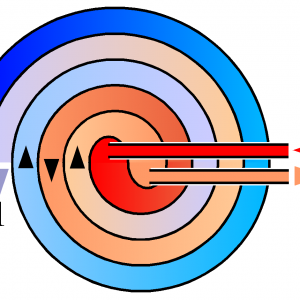[Live Webinar] Engineering Ethics: Ship and Bridge Collision; Ethics Violation Caused Six Deaths
$139.00
Courses Included
On March 26, 2024, the Francis Scott Key Bridge in Baltimore collapsed when the container ship Dali lost electric power and propulsion and impacted one of the main piers of the bridge. The collapse resulted in six deaths and an estimated six billion dollars in property and economic loss. This catastrophe was 100% preventable if the electrical engineers in charge of the electrical system of the ship, mechanical engineers in charge of the propulsion and rudder control, or the bridge engineers in charge of the structural safety of the bridge piers had fulfilled their responsibility to “Hold paramount the safety, health, and welfare of the public” as the 1st Canon of the Code of Ethics for Engineers states. All three groups failed to do so.
After the 1980 ship collision collapse of the Florida Sunshine Skyway Bridge, where 35 people perished, the FHWA/AASHTO developed specific bridge engineering Guide Specification (i.e. standard) on how to establish the probability of a catastrophic bridge collapse in case of a ship collision incident. If that probability exceeded one in 10,000, the Guide Specification had specific procedures on how to strengthen the piers to withstand the ship impact or to design and construct protection systems such as dolphins at a short distance from the pier to prevent the ship impacting the pier. FHWA released the Guide Specification in 1991, and any bridge exposed to ship collision built after 1996 had to satisfy the requirements of this FHWA/AASHTO Guide Specifications. There were no requirements for the potentially vulnerable existing bridges to be evaluated for this severe safety problem and retrofitted if needed. If bridge engineers at Maryland Transportation Authority, especially the Chief Bridge Engineers, had been concerned with this safety issue and had conducted a ship collision vulnerability study, they would have found out that the probability of catastrophic collapse of the Francis Scott Key Bridge was 32 times the limit set by the FHWA/AASHTO Guide Specification as the post-collapse investigation of the NTSB established.
The first part of the webinar will discuss ship’s and bridge’s vulnerabilities, and the cause of the collapse. The second part of the webinar focuses on the engineering ethics violations in the design, inspection, and maintenance of both the ship and the bridge.
Finally, Dr. Astaneh will discuss the lessons that we can learn from this case on how not only we “hold safety paramount” in our engineering practice, but also to be able to convince the policymakers and those in charge of budget allocation that they too need to place the highest priority on the safety, especially when, as the case was here, there is solid engineering evidence that most likely there is a public safety catastrophe in the horizon and had to be mitigated as soon as possible.


![[Live Webinar] Engineering Ethics: Ship and Bridge Collision; Ethics Violation Caused Six Deaths](https://nciteengineeringhub.com/wp-content/uploads/Ship-Bridge-collide.jpg)



